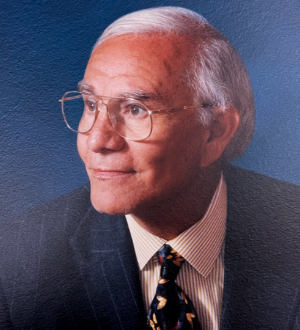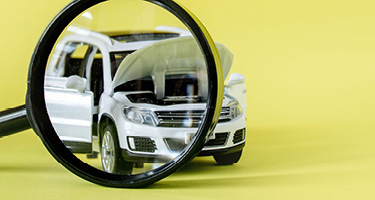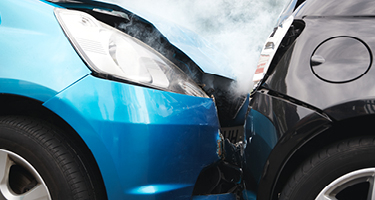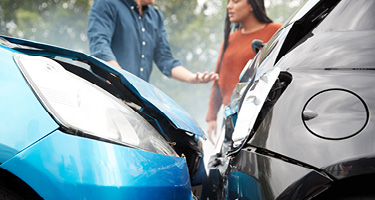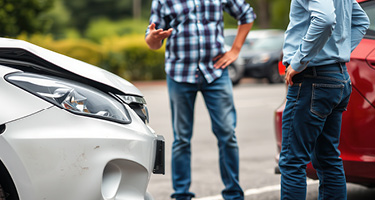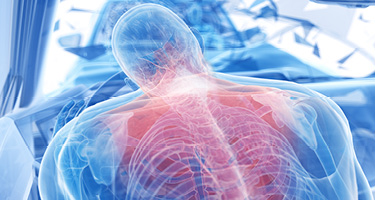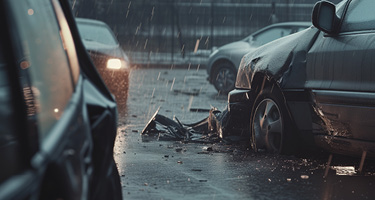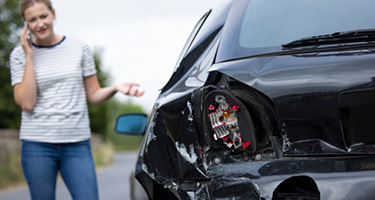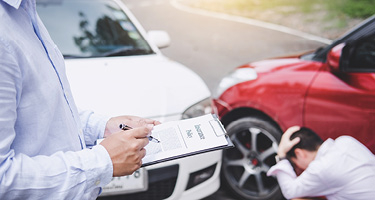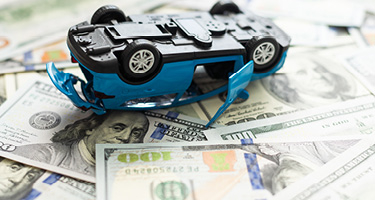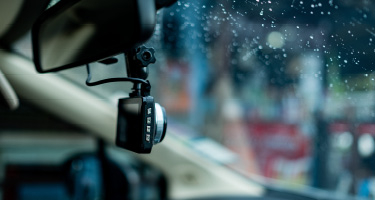Autonomous Vehicles on Roadways
As technology progresses forward, self-driving cars are becoming a more common sight and companies like Tesla already have implemented scaled down versions into their vehicles. A study conducted by the National Highway Traffic and Safety Administration predicts that by 2040, there will be a transition to full autonomy. There are many reasons behind why autonomous vehicles [“AVs”] could become the norm moving forward. According to the same study, the technology is much safer than human error and could reduce crash frequency per vehicle by up to 80 percent. Once the technology reaches effective levels and people recognize the many benefits of autonomous driving, most analysts predict AVs to become the standard for road transportation.
Impact on Liability
However, the rising numbers of partially autonomous and fully autonomous vehicles on the streets poses the interesting question of liability in vehicle accidents involving this technology. In cases involving AVs, vehicle collisions will be based on artificial intelligence mistakes rather than human error.
If involved in an accident, plaintiffs have a number of options that allow them to sue the person most liable for their injuries. They can sue the operator of the vehicle (the person who started the car and turned on the self-driving capabilities), the company who created the self-driving technology or code, the company who manufactured the vehicles, or the company who put the autonomous vehicle’s tech and body parts together.
How are AV Accidents Currently Handled?
Currently, liability for these accidents is usually placed on the company who manufactured the vehicle. Consumers can also bring product liability claims for collision assistance technology that is considered faulty and against manufacturers who do not include the technology in their vehicles. This is because the NHTSA has supported the technology for decades, but it has not created a rule stating that car companies must include this technology in their vehicles. Most of these lawsuits settle and thus the actual legal question of liability has yet to be formally addressed.
During the early years of this transition to fully driverless technology, a concern will be how the courts will determine fault when accidents involve a mixture of standard and semi-autonomous vehicles. Although accidents will be less frequent, complications will increase the burden on courts and litigants to determine actual responsibility. Unless legislatures change the relevant laws, litigation concerning accidents that involve AVs will combine traditional tort liability and product liability laws.
If you or a loved one has been involved in an accident, do not carry the burden alone. Contact us today to schedule a confidential consultation.
